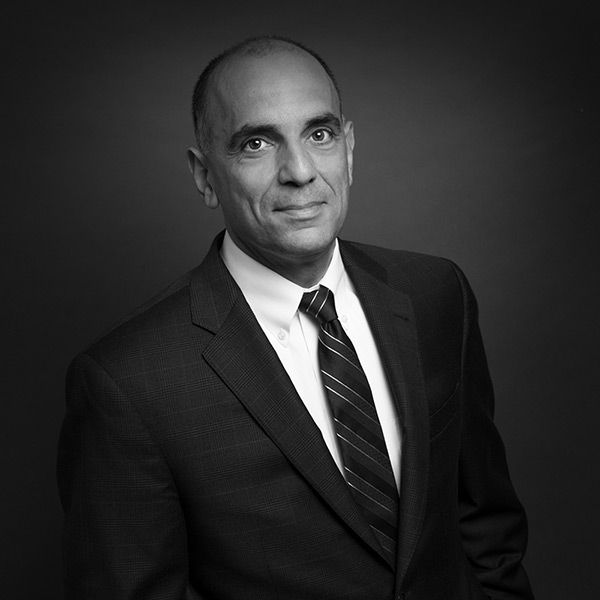Friday Nights
Working his way through college, Jack Canzoneri took a job as a busboy at a Mexican restaurant in Buffalo. He worked hard, and sometimes made $35 a shift, which was good money for a student at the time. But soon Jack had questions. Why did the staff have to wait more than two weeks to get paid? Why didn’t they get a lunch break, even when working an eight-hour shift? Why did managers force the waitstaff to do “side work” after they punched out for the day?
These were not casual questions for Jack. Standing up for workers’ rights was in his blood. Jack’s father was a truck driver who became a leader in the New York Teamsters union. Among his many accomplishments, Jack’s father initiated and helped direct the famed Solidarity Day march on Washington D.C. in 1981 when 250,000 people from around the country stood in support of labor. Jack’s grandfather emigrated from Italy and became an auto worker and activist. Organizing sit-down strikes, he fought under the leadership of legendary UAW President Walter Reuther to force General Motors to bargain fairly with its workers. Jack’s grandfather eventually became the chief UAW steward and chairman of the negotiation committee at the GM engine plant in Tonawanda, NY, which at the time employed thousands of auto workers.
Into that dynamic mix of frontline union activism came an academic voice. Jack’s mother went back to school while raising a family and eventually earned a Ph.D. in labor history. Hearing her views and historical perspective deepened Jack’s understanding of the importance of labor unions and the vital role legal advocacy plays in protecting workers’ hard-won rights.
On most Friday nights of his youth, the extended Canzoneri family gathered at the grandparents’ home on the West Side of Buffalo for dinner and a night of intense conversation about the issues of the day and the challenges faced by working people. “I was just a kid, but I could hear the passion in their voices, and I knew I wanted to do what they were doing,” Jack says. “From my family, I learned about the injustices of a capitalist system where there was no check on corporate power.”
So, when Jack saw unfair practices hurting workers at the Mexican restaurant, he had to act. He researched the specifics of New York state law and filed a complaint. It was the first case he’d win, and certainly not the last. The Buffalo restaurant, which was part of a national chain of more than 100 restaurants, became the only location in the country that paid workers on a weekly basis, provided lunch breaks, and did not force employees to work off the clock.
“My view is, you don’t just have principles, you act on your principles,” Jack says. “Otherwise, you’re just talking.”


